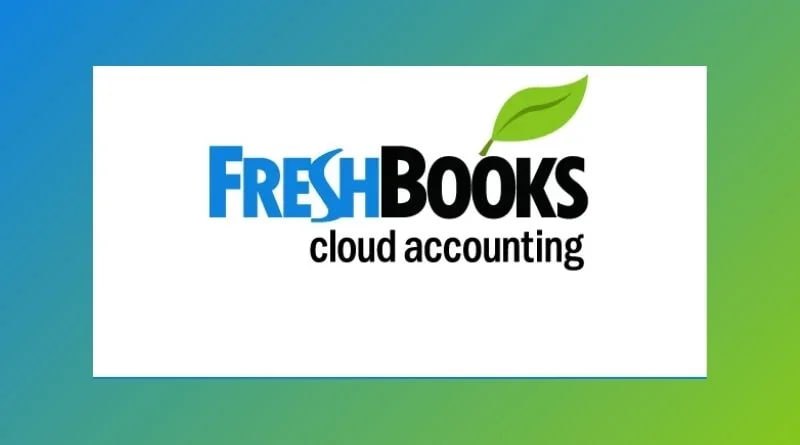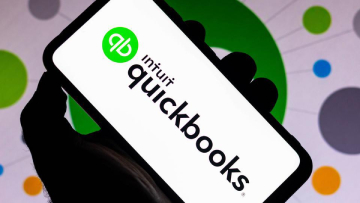QuickBooks: Navigating Financial Waters
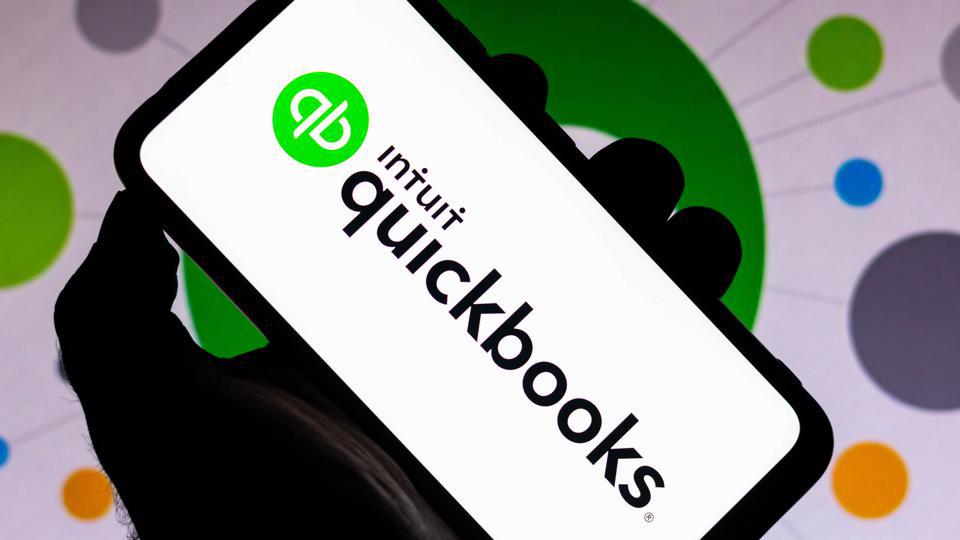
QuickBooks has established itself as a choice for businesses when it comes to accounting solutions. In this review, we aim to provide an analysis of this product, delving into its features such as time tracking, budgeting, bank reconciliation, inventory monitoring, bookkeeping, invoicing and sales tax administration. Throughout this research, we will explore aspects like QuickBooks Online and QuickBooks Desktop and the benefits of using QuickBooks Self-Employed .
Overview of QuickBooks
Intuit, a known player in the realm of business accounting software, has made a name for itself with its QuickBooks program. QuickBooks is highly regarded for its effectiveness and automation in managing affairs, providing an array of tools to cater to needs.
A Cloud-Based Solution for QuickBooks Online
QuickBooks Online is a version of the software that operates on the cloud, enabling customers to handle their finances from any place and at any moment. A significant advantage of QuickBooks Online is its accessibility, as it permits users to access their information anywhere they happen to be.
QuickBooks Desktop: A Sturdy On-Site Option
However, QuickBooks Desktop caters to users who prefer an on-premises solution. Many companies choose QuickBooks Desktop because it provides features and the ability to handle accounting tasks, which gives them control over their local data.
Designed with Independent Workers in Mind: QuickBooks Self-Employed
QuickBooks Self-Employed caters to freelancers and independent contractors as its audience. It offers user features that help them effectively handle deductions, track income and expenses and calculate taxes to meet their financial needs…
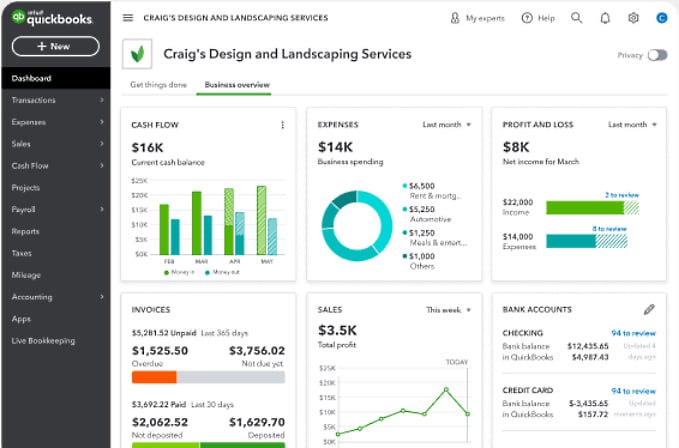
Uncomplicated Bookkeeping
QuickBooks offers a range of bookkeeping capabilities that are at the heart of its benefits. Users can effortlessly handle transactions, monitor expenses and reconcile accounts with the help of this program, which simplifies the accounting process. Both QuickBooks Desktop and Online Excel provide a user interface that makes the complex realm of accounting more comprehensible.
Prompt and well-organized invoicing
Every business needs to have the capability to manage and handle invoices effectively. QuickBooks is a tool for this purpose. On their platform, users can even receive payments directly from their clients. Personalize invoices to reflect their brand. It’s also possible to set up recurring invoices for clients. By integrating the invoicing process into the accounting system, businesses can achieve efficient invoicing and faster payment processing.
Monitoring Your Time to Boost Productivity
Tracking time is an aspect for companies that bill their clients based on the hours worked. QuickBooks makes it convenient to keep a record of hours, which is especially beneficial for businesses that heavily rely on service-based income and where time management plays a significant role.
Compliance through Sales Tax Management
Businesses often face challenges when it comes to dealing with the complexities of sales tax. QuickBooks provides a solution by automating the management of sales taxes. With this feature, users can easily generate sales tax reports. Apply specific tax rates to transactions. By streamlining this process, organizations are able to save time that can be redirected towards strategic initiatives, all while ensuring compliance.
Strategic Financial Planning: Budgeting
Creating a plan is the initial step towards effective management of finances, and QuickBooks stands out by providing powerful tools for this crucial process. Budgeting is not about numbers; it’s a process that helps businesses set financial goals and navigate toward fiscal responsibility and growth.
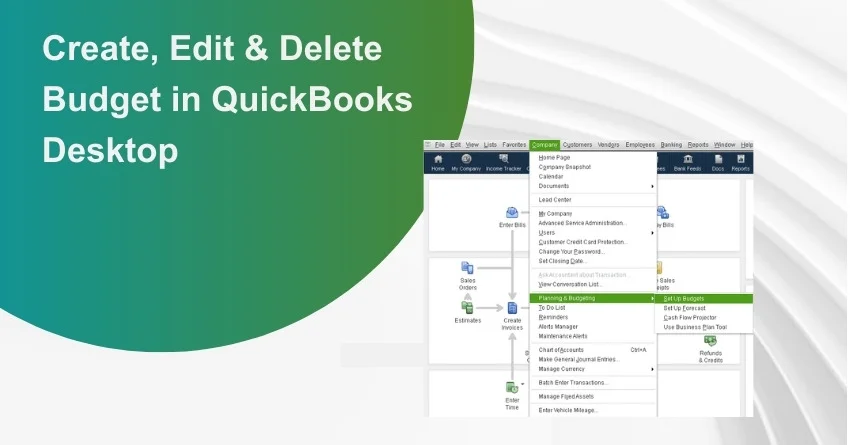
QuickBooks prioritizes this foundation by offering customers a range of budgeting tools. With these tools, you can easily define your objectives, track spending against budgets, and gain real-time insights into your finances. It goes beyond monitoring expenses; it becomes an element in strategic financial planning, giving companies a roadmap to navigate their complex financial landscape successfully.
Bank Reconciliation: Accuracy and Transparency
In the world of management, precision and transparency are considerations. QuickBooks simplifies the bank reconciliation process, which is often time-consuming and tedious. By automating this process, users can easily match transactions, identify any discrepancies, and maintain records with transparency.
This feature goes beyond reconciling data; it also enhances the reliability of information. Businesses that can trust the transparency and integrity of their data are better equipped to make decisions. QuickBooks presents itself not as an accounting tool but as a guardian of financial integrity, instilling trust in the information used for important decision-making.
Tracking Inventory: Simplifying Processes
QuickBooks offers a toolkit for tracking inventory, making it an ideal choice for businesses involved in managing their inventory. By using this tool, businesses can experience an improvement in efficiency. They are able to monitor inventory movements, keep track of stock levels, and receive notifications about low-stock items.
However, this feature goes beyond inventory tracking; it also helps businesses make decisions. By utilizing real-time inventory analytics, companies can optimize their stock levels, enhance their processes, and make choices. QuickBooks stands out as a financial management solution because of its commitment to enhancing efficiency.
From an individual’s perspective
As you explore the features of QuickBooks, you’ll discover that it is not only a tool but also a reliable companion for managing your finances. QuickBooks Online offers flexibility to cater to types of users with financial needs, while QuickBooks Desktop provides control, and QuickBooks Self Employed offers a personalized approach.
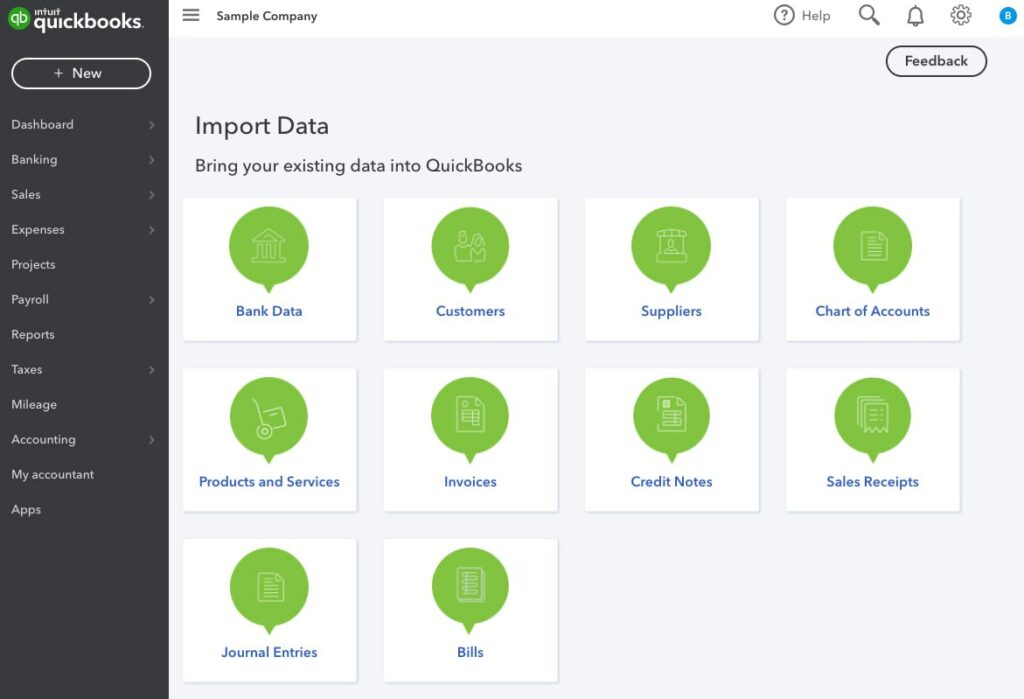
Within the QuickBooks ecosystem , there is integration of inventory monitoring, strategic budgeting, efficient invoicing, accurate bank reconciliation and bookkeeping. It becomes more than a support system for accounting tasks; it becomes an invaluable ally in handling ongoing and long-term financial operations for businesses.
One of the advantages of using this product is its ability to adapt to company types and industries. Its user-friendly design allows individuals with varying levels of experience to accomplish financial activities easily. The software’s emphasis on simplicity enhances the user experience and encourages financial management empowerment.
QuickBooks as a Holistic Financial Management Solution
QuickBooks remains a comprehensive financial management tool for businesses. It caters to a range of users by combining the accessibility of QuickBooks Online, the features of QuickBooks Desktop and the specialized tools of QuickBooks Self Employed.
The main goal of QuickBooks is to simplify and automate financial processes. Whether businesses prefer the cloud-based accessibility of QuickBooks Online, the feature
The functionality of QuickBooks Desktop or the customized tools of QuickBooks Self Employed they can efficiently navigate through accounting complexities.
While acknowledging that no software is perfect and there might be a learning curve with features, QuickBooks excels in providing the tools for businesses to handle accounting tasks precisely and efficiently. It proves to be a companion on the journey towards success – whether you’re a small corporation seeking comprehensive financial solutions or a freelancer managing personal accounts.
